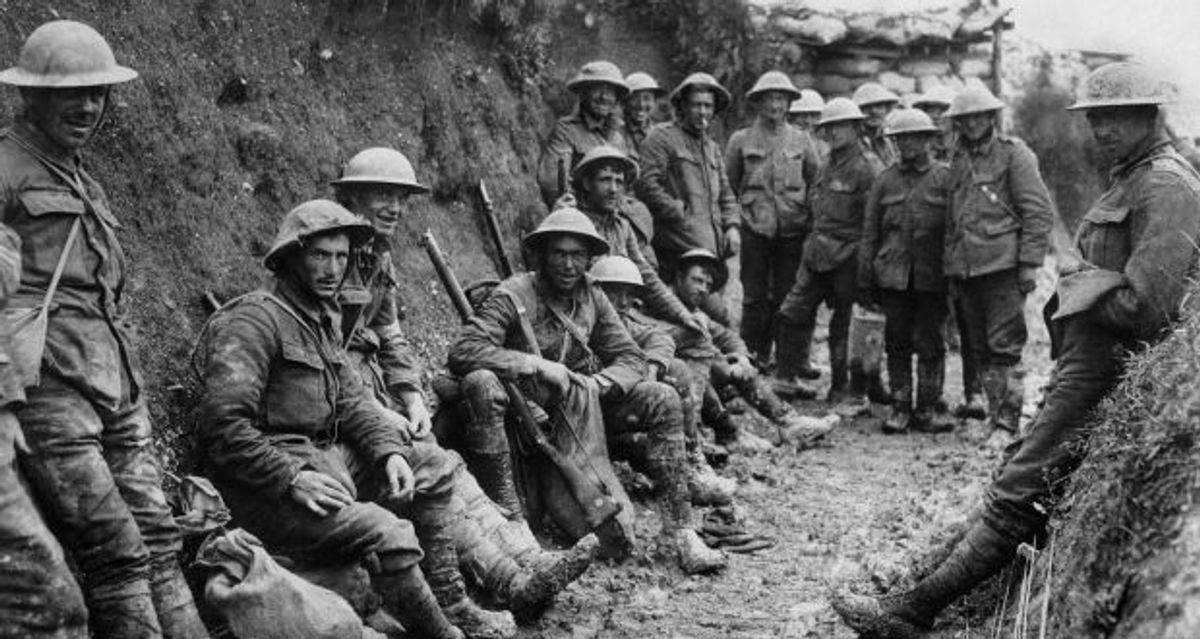Your Friday author has fielded many questions recently about the chaotic state of current global affairs and the rising risks of a serious global conflict. After all, things do look pretty grim: we have an escalating trade fight between the world’s two largest economies, far-right nationalists on the rise in Europe, a US president intent on unmaking the global norms of the past thirty years, a Middle East that remains deeply unstable, and a slow-moving crisis of climate change that is only just starting to be felt.
But let’s put this current moment in perspective. Sunday will mark the 100-year anniversary of the armistice that ended World War I, a conflagration sparked by a street corner murder in Sarajevo, today the capital of Bosnia and Herzegovina, that became a wildfire as formal alliances brought more and more nations into conflict. Some 70 million people were sent into military action. The war killed nine million soldiers and seven million civilians, and it triggered a number of genocides as empires fell and borders were redrawn.
My grandfather, a would-be journalist, served as an American officer in the trenches in France and he left behind battlefield photographs that he took himself. They are modest portraits of scorched earth, ruined cathedrals, and devastated lives that I’ll be looking through again this weekend.
When the war ended, the soldiers’ return triggered an influenza epidemic, the so-called Spanish Flu, that infected an estimated 500 million people across the world: from the large metropolises of Europe and the US, to remote South Pacific Islands, and even to the Arctic. More than 50 million people died. My grandmother’s 11-year-old brother was among those who perished. I have no doubt many Signal readers will have personal connections to these two human catastrophes.
So as we worry over events of the day and how they might shape the 21st century, spare a thought this Sunday for all those who lived and died through those turbulent years. It may put things in perspective.


















